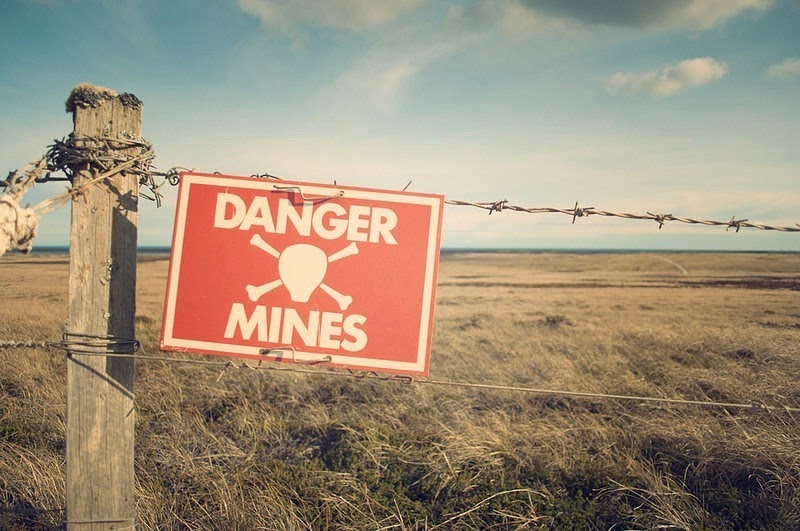|
Much of people’s ethical perspectives are affected by their views of debt and obligation. The questions, “What do we owe one another and who deserves what?” govern much of our discussion and decisions on ethics, politics, and economics.
I’ve previously outlined why I believe no one deserves their wealth and income in any meaningful sense in a discussion on inequality. This was followed up by some facts that might change those problematic beliefs regarding moral deserts. However, I’ve also stated that it is unethical to have children because of the asymmetry of suffering and well-being in human life. This brings up a somewhat paradoxical belief as a result. Any parents or society that decides to have or allow children to be born, should also take it as an obligation to give the children any and all well-being possible. This sounds like I’m saying that we don’t deserve anything from anyone and that we also deserve everything. I don’t think that’s quite what I’m deducing from these premises, though. As adult persons, we are not obligated to each other in any relevant sense and we shouldn’t be restricted from acting how we like, given that it causes the minimum tolerable harm. I don’t owe my friendship or support to others a priori. Free exchange as a mode of interaction is much preferred to violent force. However, we can all choose to not exchange freely and should not be punished with force as a result. This means people do not owe their spouses, friends, or selected loved ones any future obligations. The relationships can be taken up or walked away from at any time. But, the moment we make a decision to have children and live in a society that allows us to do so, we should feel obligated to give them everything we can because there was no free exchange. Having children becomes the first and ultimate act of violence with no consent on the child’s part. Because their life is begun as a unilateral decision in which they did not take part, parents and the society that allows it should feel obligated to the children. In that sense, any person or group using violence or unilateral decisions should feel obligated to a vast extent. There is no better way to explain this than the famous passage from The Little Prince that states, “We are responsible for those we tame.” In this case, we are taming our free and wild non-children into existence as actual children. As adults, we should not be aiming to tame, subdue, or force others and so long as we do not, we have no obligation or debt towards them. We enter into serial exchanges of mutual consent that benefits both parties and can walk away at any time. Only under force do we accrue debt and obligation.
0 Comments
Leave a Reply. |
Archives
November 2017
|

 RSS Feed
RSS Feed